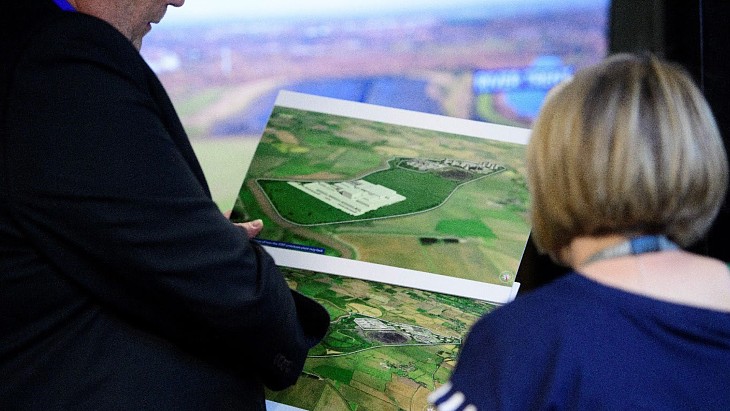As part of the regulatory regime being established for fusion plants, the UK is now consulting on a proposed National Policy Statement (NPS) for Fusion Energy, which will apply to England, "to set out and streamline the planning process for fusion power plants".
The government has previously legislated to make clear that fusion plants will not be subject to the nuclear site licensing process that applies to traditional (fission) nuclear power plants "due to the fundamental differences in technology, process and levels of hazard".
It is also proposing to be technology neutral in supporting all fusion energy facilities, including those which provide heat for industrial uses rather than electricity to the grid. "This will ensure that all first-of-a-kind prototype fusion energy facilities are included in the Nationally Significant Infrastructure Projects process and if fusion is used for its high-grade heat, these facilities will not fall out of scope" of the fusion planning policy statement (EN-8).
The Department for Energy Security and Net Zero consultation says that there is a need to set out the planning regime now because "private industry is planning to build commercial facilities in the 2030s which requires siting and construction to start this decade. Companies are already starting to identify potential sites for these facilities. The planning process and considerations required to gain development consent will heavily influence designs, and so clarity needs to be provided well before detailed designs are completed. Regulatory certainty will also be a key consideration of investors and companies when deciding where to invest and where to build. An NPS gives a clear market signal to global investors that the UK is providing a stable regulatory and planning base on which long-term investment can be made".
The proposed regime would mean that applications would be considered by the national Planning Inspectorate and decided by the Secretary of State rather than being considered and decided at a regional planning level. The consultation says this will ensure that local authorities who lack the knowledge to judge an application "are not commercially disadvantaged when competing to host fusion facilities".
Unlike the existing national policy statement which lists approved nuclear power plant sites, the fusion-focused one will not, because "the government believes that identifying sites for future fusion energy facilities would be unnecessarily restrictive and it would be difficult to apply an all-encompassing approach without disadvantaging some technologies and stifling innovation ... local communities may be more receptive to fusion technologies compared to traditional nuclear technologies, but knowledge of fusion across the public in the UK is low. Identifying sites ... would bias developers towards areas of the UK where appetite and knowledge of fusion is currently higher".
The proposals for a regulatory framework for fusion reflect the UK government's view that "the hazards and risks of fusion are not of the same magnitude as fission and are more similar to other hazardous facilities such as chemical plants". It adds that it does not "want to exclude communities that are open to fusion technologies where they would not accept traditional nuclear technologies although it is likely that the first fusion power plants will not be sited close to any urban populations". The planning statement will also "emphasise the significance of safeguarding human health and well-being in the context of fusion projects".
It adds that although "fusion does not produce any high-level or very long-lived waste, different fusion technologies may give rise to different intermediate level waste streams. The government expects that developers consider and account for the long-term management of radioactive waste including storage, transportation, and disposal methods" and says developers will have to meet planning requirements to "safely treat and dispose of any hazardous waste".
Existing planning policies will still apply, such as flood risk and ensuring there is a biodiversity net gain from a development as well as consideration of climate change impacts and adaptation. The facilitiies will also not be allowed to be sited near to areas of military activity. The consultation lasts until 3 July, with a consultation on the wording of a Fusion National Policy Statement expected to take place in spring 2025 and a finalised version published before the end of next year.
Andrew Bowie, minister for nuclear and renewables, said: "The UK has been at the forefront of fusion energy development for decades and is in a unique position to capitalise on the environmental and economic benefits that this transformational new energy source can bring, including at a local and regional level ... through this consultation we want to hear from communities, industry and investors to ensure that the National Policy Statement fully supports development of fusion power plants."















